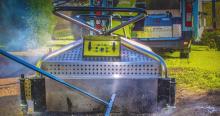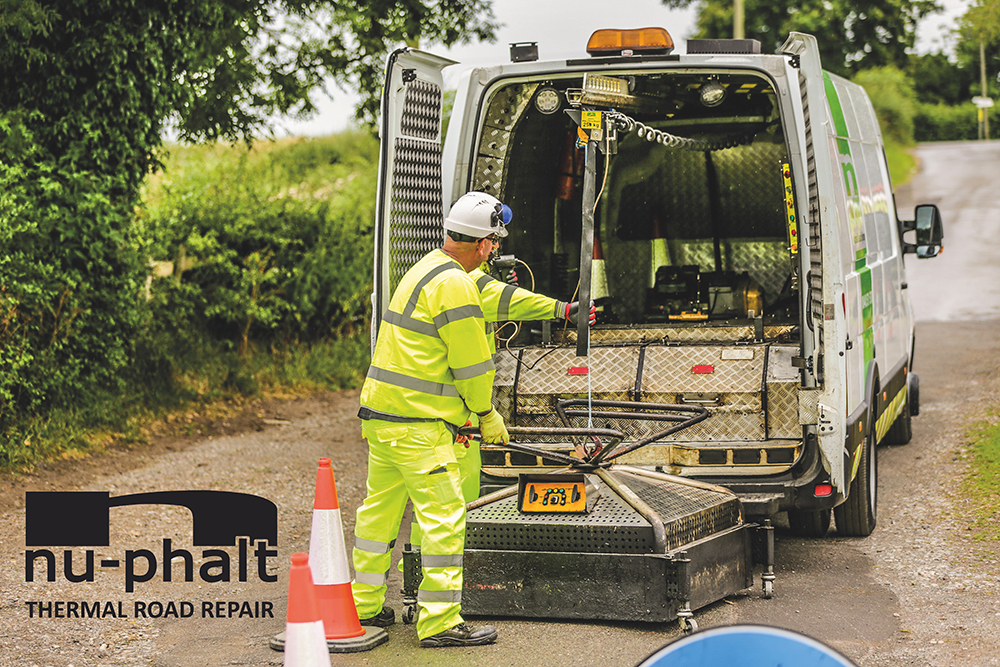
2023 is proving to be a great year for the Nuphalt Group. Beginning in January with a move into their brand-new, purpose-built facility in Rugby, UK, utilising new mezzanine floors (increased manufacturing space by 50%), adding state-of-the-art laser cutting equipment and, of course, bringing everything under one roof. And with 100 kW of PV solar power up there, that’s no ordinary roof! The move to a more self-sufficient premises is all part of Nuphalt’s vision for a greener future.
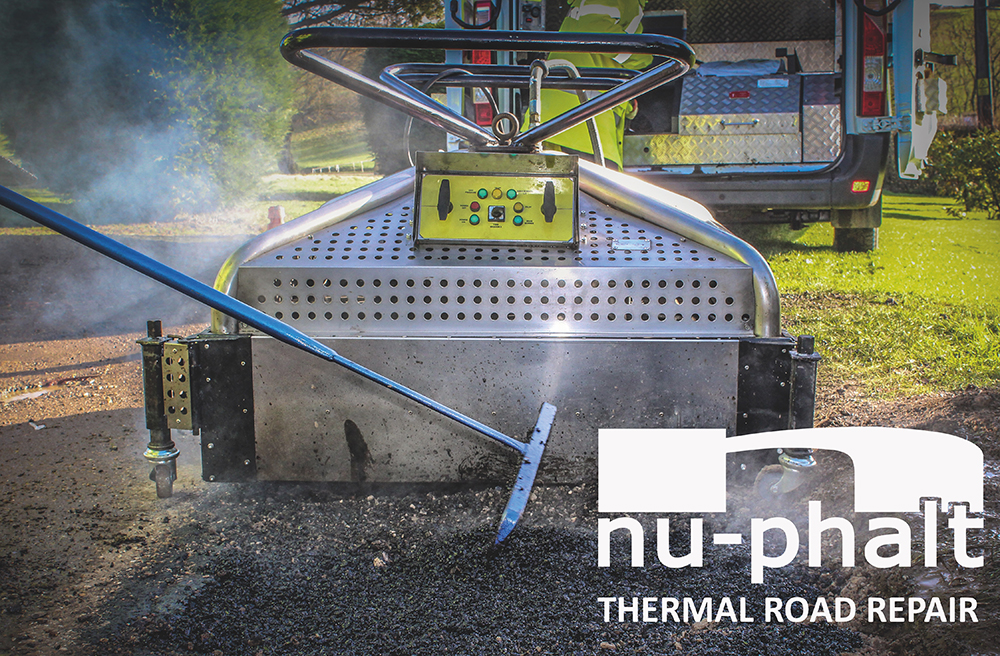 And ‘under one roof’ is very much the philosophy behind their Nuphalt TAPS (Targeted Approach to Pothole Solutions) model of highway repair solutions. Whether it’s their Jetpatcher machines (spray injection patching), Nuphalt Thermal vans or conventional repair gangs, or even using their own, patented porous Nu-flex surfacing material (made from recycled tyres!) they apply the appropriate, specific solution on a job-by-job basis. Perhaps the most unique aspect to the Nuphalt Group’s approach is the fact that they make all their own equipment at their Rugby facility. That’s right, all made in-house! The upshot of that is a very direct connection between operations, design and manufacture. ‘We have our expert teams of operators out on the ground who feed back directly to the operations team. Working in the same facility as design and manufacture means they are able to constantly and quickly evolve and adapt to whatever situation is thrown at them. No hold-ups with communication means faster responses through a dynamic relationship.’
And ‘under one roof’ is very much the philosophy behind their Nuphalt TAPS (Targeted Approach to Pothole Solutions) model of highway repair solutions. Whether it’s their Jetpatcher machines (spray injection patching), Nuphalt Thermal vans or conventional repair gangs, or even using their own, patented porous Nu-flex surfacing material (made from recycled tyres!) they apply the appropriate, specific solution on a job-by-job basis. Perhaps the most unique aspect to the Nuphalt Group’s approach is the fact that they make all their own equipment at their Rugby facility. That’s right, all made in-house! The upshot of that is a very direct connection between operations, design and manufacture. ‘We have our expert teams of operators out on the ground who feed back directly to the operations team. Working in the same facility as design and manufacture means they are able to constantly and quickly evolve and adapt to whatever situation is thrown at them. No hold-ups with communication means faster responses through a dynamic relationship.’
’So many companies try to cover every job with the same ‘blanket’ fix’ Paul Vaughan, Operations Director Nuphalt Contracting ‘but that just leads to frustration for everyone, with repairs either being carried out using inappropriate processes or, worse still, having to be left for a different contractor to pick up, with all the associated delays that entails. Our TAPS model utilises what we already have - in-house operations management, manufacture and design of innovative systems, years of experience with our conventional repair work teams. We’re able to completely remove the gaps between design, manufacture and operations which means addressing each defect and applying the right process at the right time using the right technology, resulting in the most cost-effective repair.’
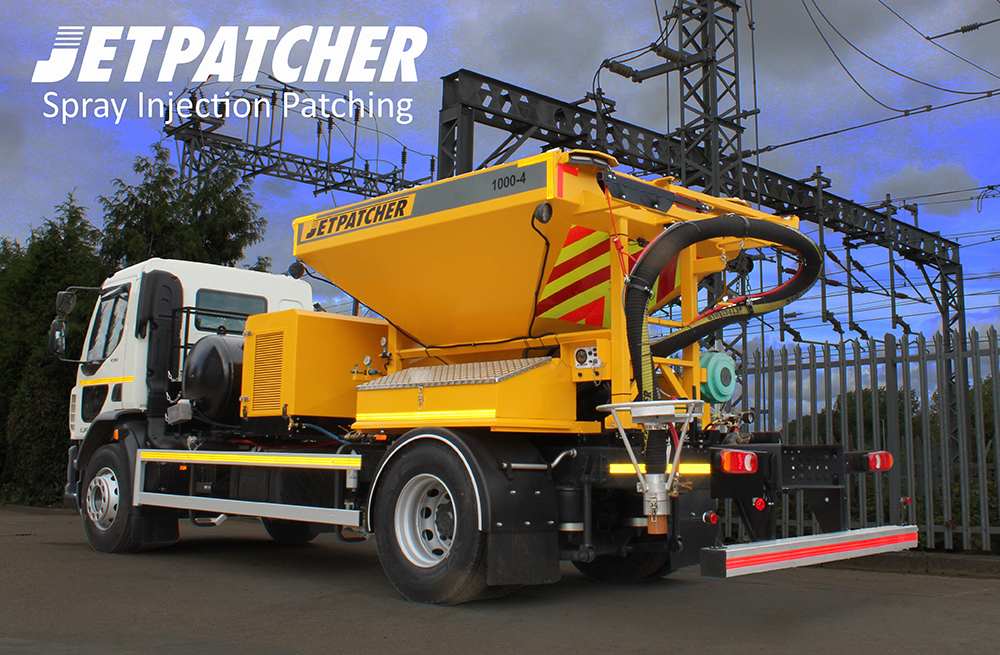 Let’s take an example situation. Say a County Council in the UK has a reported 7,000 defects in its area. 5,000 of these are potholes on smaller, rural lanes. 2000 are potholes and other defects such as cracking, crazing and delamination in more urban areas including larger repairs involving more conventional resurfacing work. Add to that any repairs on footpaths, rights of way, cycle ways and tree pits and it’s a pretty varied picture.
Let’s take an example situation. Say a County Council in the UK has a reported 7,000 defects in its area. 5,000 of these are potholes on smaller, rural lanes. 2000 are potholes and other defects such as cracking, crazing and delamination in more urban areas including larger repairs involving more conventional resurfacing work. Add to that any repairs on footpaths, rights of way, cycle ways and tree pits and it’s a pretty varied picture.
In a standard scenario one contractor might take on the overall responsibility for dealing with the repairs in totality, but would then need to sub-contract to various, more specialised contractors for each area of the work. Nuphalt’s TAPS model means one level of operation, so the work is assessed and designated the appropriate repair method from the start, saving time and, of course, money. One level of management also means just one margin, which again means cost-savings for cash-starved councils.
With nearly 20 years’ experience the Nuphalt Contracting arm of the group are well placed to interact initially with their clients on whatever platform or system necessary. From pen and paper through any proprietary system to high-tech platforms such as Gaist, Nuphalt’s position means the collected or retrieved data is managed quickly, efficiently and, with direct back-and-forth dialogue with the teams on the ground, put into effect without delay.
With a view to exporting the TAPS model around the globe Group MD Steve Smith says ‘In emerging markets, where large scale road-repair management is a relatively new area compared to places like the UK, we see time and again companies giving the hard sell of their products, suggesting they’re the ‘magic bullet’ or ‘miracle cure’. But in reality it is just an over-selling of single products and/or processes which have only limited scope. The result is solutions being applied liberally and, in cases, inappropriately ending in unsatisfactory repairs. Our TAPS model is adaptable and flexible enough to work in any situation. Even our level of input can be tailored to our clients’ needs, from initial set-up and handover to continued, long-term partnership’.
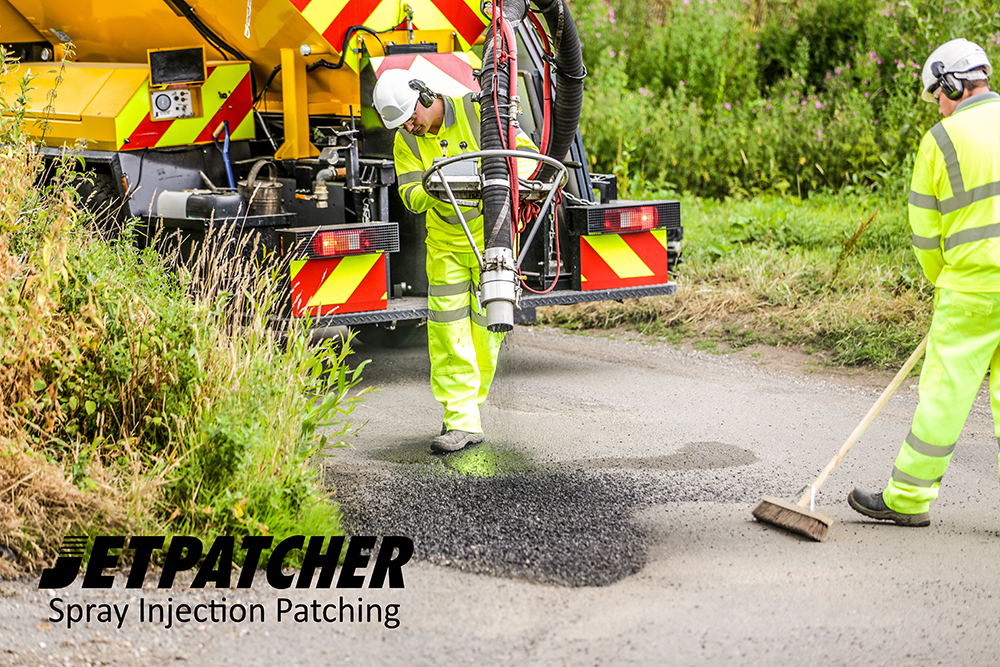 Looking to build on existing successful partnerships in Europe, South America and Asia, and with research into, among other things, AI powered defect detection and all-electric vehicles, Nuphalt are looking forward to a strong and exciting 2024.
Looking to build on existing successful partnerships in Europe, South America and Asia, and with research into, among other things, AI powered defect detection and all-electric vehicles, Nuphalt are looking forward to a strong and exciting 2024.
The Nuphalt Group
Jetpatcher: https://jetpatcher.com
In 1987 the first Jetpatcher unit was built in New Zealand by Jim Turnbull – now over 30 years and 900+ units later, Jetpatcher machinery is continuing to prove that it is ‘simply a better way’. Initially formed in New Zealand, and with ongoing development since then, the company was purchased by the UK Distributor in 2016 and manufacture moved to their bespoke premises in England. Since that date machines have been supplied worldwide to customers in South America, USA, Canada, Africa, Europe, Asia and Australasia.
Nuphalt Thermal: www.nuphalt.com
Another single-vehicle solution, minimising costly disruption, the Nuphalt Thermal System is a cleaner, greener and quicker process than conventional repairs, using heat to rework and reuse the existing surface, the defect can be seamlessly repaired using only a minimum amount of new material.
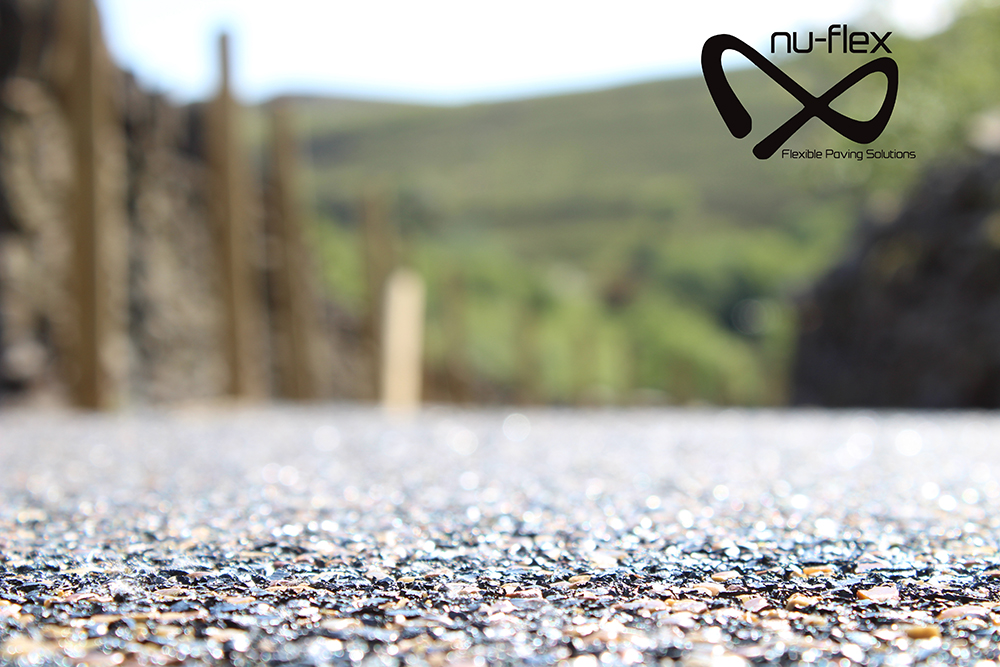 Nuphalt Contracting: www.nuphaltcontracting.com
Nuphalt Contracting: www.nuphaltcontracting.com
Established in 2005 Nuphalt Contracting has significant experience in delivering a diverse portfolio of solutions to both public and private sector clients and partners.Working on a national level direct to County Councils or their Tier 1 nominated contractors.
Nu-flex: www.nu-flex.co.uk
Nu-flex is an innovative porous surfacing material, blending recycled rubber with aggregate and a polyurethane binder. It is dynamically different from traditional bound materials and offers significant benefits including:
• Resistance to rutting, defects and hazards
• Durability, flexibility and grip
• Environmentally friendly
• Very low maintenance
• SUDS compliant
Clean Burner Systems: https://cleanburnersystems.com
As one of the UK’s leading gas burner manufacturers Clean Burner Systems are heavily involved in both the Hy4Heat and Green Distilleries Government programmes and with new R&D facilities in England and Scotland they continue to find innovative and revolutionary ways to make a better, greener future. Their work on next generation hydrogen and multi fuel ECO burners allows them to be the market leaders and pass this knowledge onto their ‘sister’ companies.
Content produced in association with Jetpatcher

